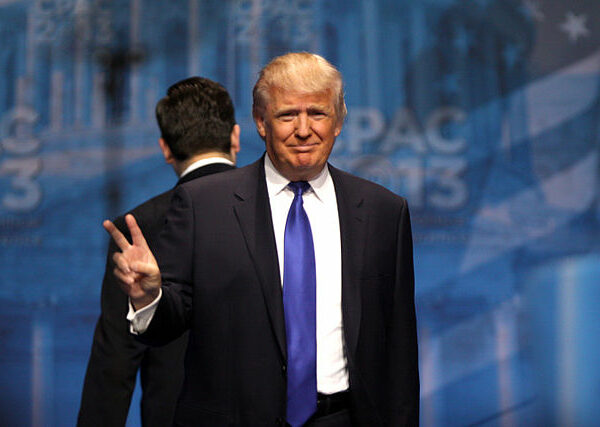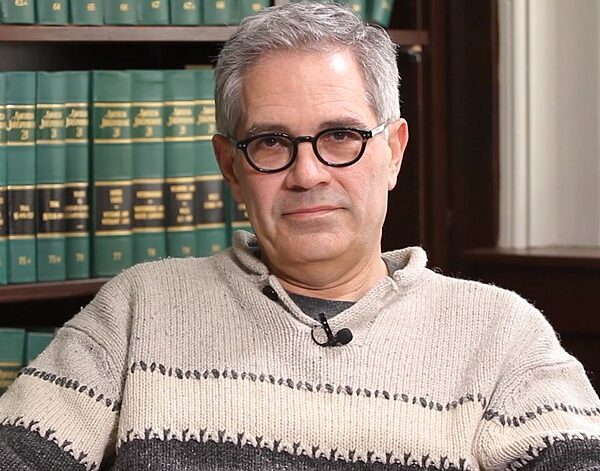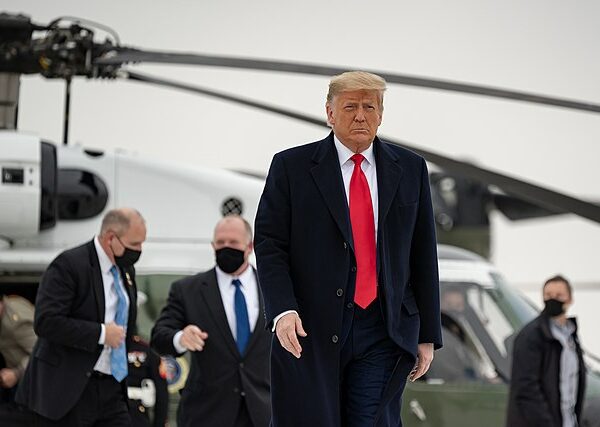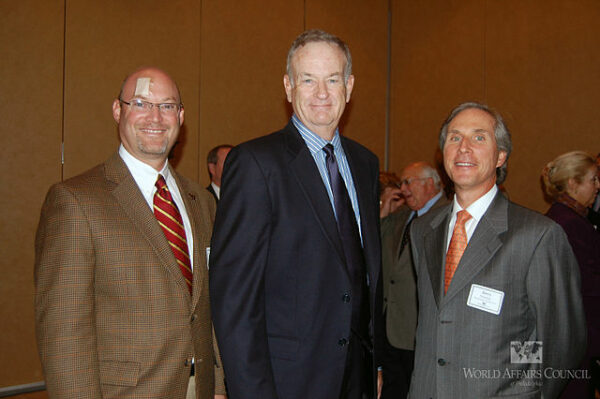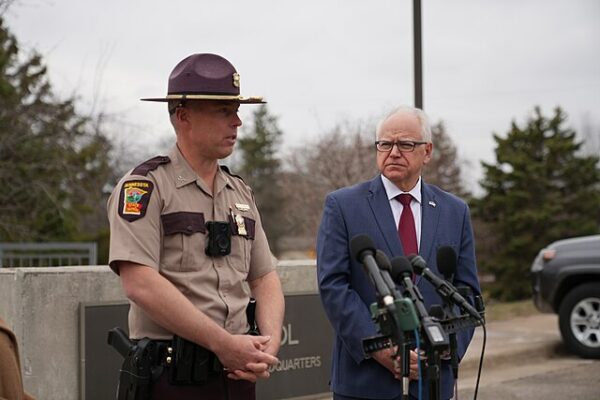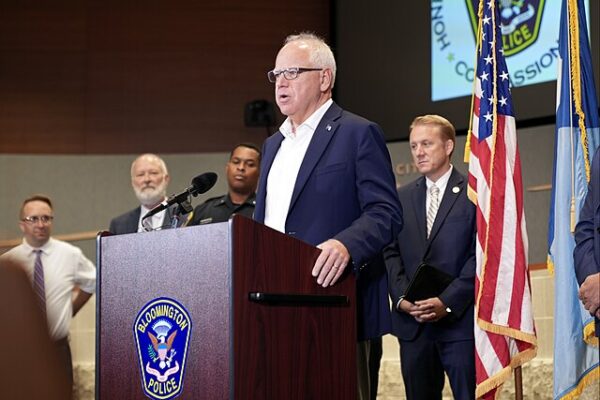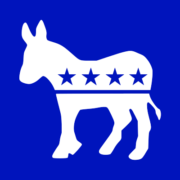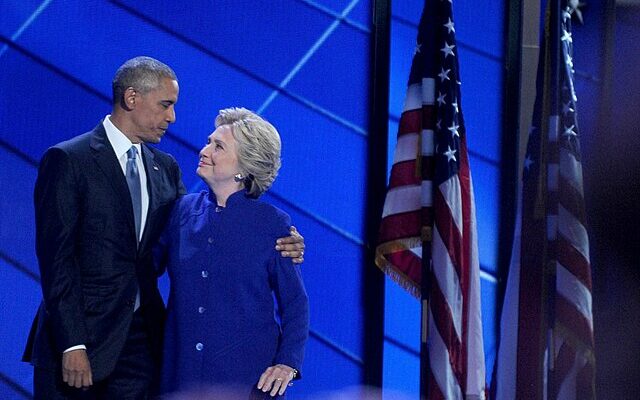
A newly declassified appendix to Special Counsel John Durham’s 2023 report has reignited the long-smoldering debate over the origins of the Trump-Russia investigation. Released today by Senate Judiciary Committee Chairman Chuck Grassley (R-Iowa), the 29-page document—quickly dubbed the “Durham Annex”—suggests that Hillary Clinton personally approved a plan in 2016 to link Donald Trump to Russian election interference in order to deflect attention from her own email scandal.
The annex, cleared for release with the cooperation of CIA Director John Ratcliffe, Director of National Intelligence Tulsi Gabbard, FBI Director Kash Patel, and Attorney General Pam Bondi, details shocking communications and internal assessments alleging that the Clinton campaign orchestrated a disinformation strategy to “demonize” Trump and weaponize the FBI against the Republican during the electoin of 2016. The effort, the document claims, was expected to gain amplification through the FBI and allied media outlets, using third-party cybersecurity firms such as CrowdStrike and ThreatConnect to launder unverified allegations into the public discourse.
Just remember the RIDICULOUS amount of ink spent on a three-word reply by @DonaldJTrumpJr to a Russian fishing expedition. Now compare that to THIS NEWLY RELEASED email about Hillary approving dirt on Trump and Russia and including Crowdstrike and OTHERS.
This is a smoking gun. pic.twitter.com/AjDt90LxOp
— Justin Hart (@justin_hart) July 31, 2025
One particularly striking email cited in the annex reads, “HRC approved [Campaign adviser Julie’s] idea about Trump and Russian hackers hampering U.S. elections,” predicting that “the FBI will put more oil into the fire.” The intelligence was reportedly received by U.S. officials just four days before the FBI opened its Crossfire Hurricane investigation.
Soros Foundation Implicated in Coordination Allegations
The annex also references hacked emails allegedly authored by Leonard Benardo, a senior vice president at George Soros’ Open Society Foundations. According to the document, those communications point to a coordinated effort with Clinton foreign policy adviser Julianne Smith—who later served as U.S. Ambassador to NATO—to steer public focus away from Clinton’s private email server. While Soros himself is not accused of direct involvement, the inclusion of his organization has drawn fresh scrutiny over its political entanglements.
Analysts note that the emails appear to anticipate FBI involvement in validating the Trump-Russia narrative—an implication that, if verified, could bolster claims of partisan weaponization within federal law enforcement. Intelligence officials cited in the annex reportedly assessed the hacked messages as likely authentic.
George Soros Open Society Leonardo Benardo
“The FBI will advance our agenda.” pic.twitter.com/y9gE2KMvi8— Big Fish (@BigFish3000) July 31, 2025
Another message said that Democratic party leadership had gotten Barack Obama to “remove possibly negative effects from the FBI investigation into Hillary Clinton.”
Does not look good for Obama pic.twitter.com/t6m4NiA1DY
— Svetlana Lokhova (@RealSLokhova) July 31, 2025
A Timeline of Briefings—and Omissions
The Durham Annex builds upon the broader conclusions of Durham’s 2023 report, which criticized the FBI for launching its Trump-Russia probe without sufficient predicate. The newly declassified document alleges that then-CIA Director John Brennan briefed President Obama, Vice President Biden, FBI Director James Comey, and other top officials about the Clinton plan on August 3, 2016. Yet, the FBI allegedly declined to act on a CIA referral that followed.
This timeline echoes testimony from Robby Mook, Clinton’s 2016 campaign manager, who told a federal court in 2022 that Clinton had personally approved sharing allegations of a Trump-Alfa Bank connection with the press. Still, Mook and campaign attorney Marc Elias denied approving any move to take the information directly to the FBI—a step that attorney Michael Sussmann did take. Sussmann was later charged with lying about his client affiliations, a charge he disputes.
Calls for Accountability—and Warnings Against Overreach
There are obviously multiple levels to the story described in the declassified Durham report, but there's no version of it that isn't damning for the FBI, CIA, and Hillary Clinton.
— Matt Taibbi (@mtaibbi) July 31, 2025
Reaction to the annex’s release has predictably broken along partisan lines. Sen. Josh Hawley (R-Mo.) declared on Twitter that “there should be prosecutions for this.”
Chairman Grassley defended the declassification as necessary for public accountability. “The American people shouldn’t be shortchanged on matters of significant public interest,” he said. Former DNI Ratcliffe called the release a “bold step forward” in exposing what he termed the “false Trump-Russia collusion narrative.”
Grassley and others have hinted that additional declassified materials are forthcoming, potentially deepening the political and institutional fallout. The FBI, while acknowledging errors in its original handling of the Russia probe, has so far declined to comment on the annex specifically.
With the 2026 midterms looming, the political implications of the document may eclipse its legal significance. Yet for now, the Durham Annex marks a significant—if contested—entry in the ongoing reassessment of Russiagate’s origins, reviving unanswered questions about power, partisanship, and the conduct of America’s intelligence agencies.
[Read More: Democrats Staring At Collapse In Support From Key Group]

